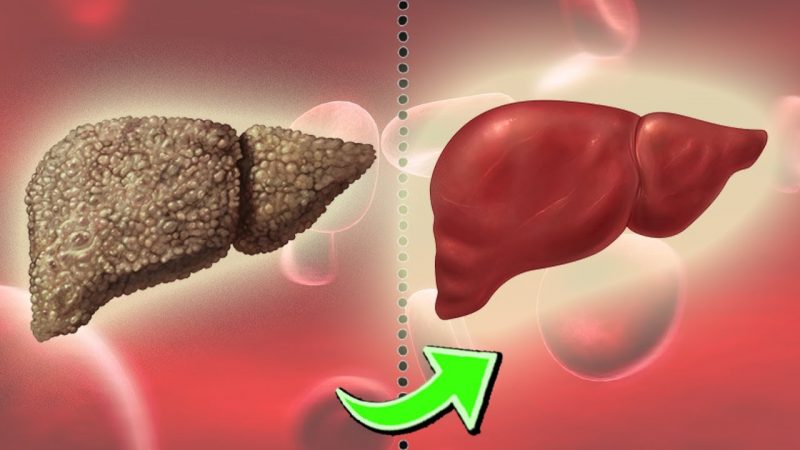The best approach to battle liver disease is to prevent it, if at all possible. Here are some best ways to bring about liver wellness.
Maintain A Healthy Weight
If you are obese or even somewhat overweight, you are in risk of having a fatty liver which can result in non-alcoholic fatty liver disease (NAFLD), one of the fastest developing forms of liver disease. Weight loss can play a crucial part in assisting to mark down liver fat.
Eat A Balanced Diet
Fend off high-calorie meals, saturated fat, refined carbohydrates (such as white bread, white rice, and regular pasta) and sugars. Do not consume raw or undercooked shellfish. For a compos mentis diet, consume fiber, that you can pick up from fresh fruits, vegetables, whole grain bread, rice, and cereals.
Also consume meat (but hem in the amount of red meat), dairy (low-fat milk and small amounts of cheese) and fats (the “good” fats which are monounsaturated and polyunsaturated such as vegetable oils, nuts, seeds, and fish). Hydration is also a vital part, hence drink a lot of water.
Exercise Regularly
When you exercise on a regular basis, it aids you to burn triglycerides for fuel and can also scale down liver fat.
Stay Away From Toxins
Toxins can foul up your liver cells. Draw a line to direct contact with toxins from cleaning and aerosol products, insecticides, chemicals, and additives. When you do use aerosols, make sure the room is well ventilated, and also wear a mask. Do not smoke.
Drink Alcohol In A Bound
Alcoholic beverages can produce many health issues. They can also impair or destroy liver cells and blister your liver. Consult your doctor about what amount of alcohol is right for you. You may be also suggested to drink alcohol only in moderation or to quit completely.
Fend Off The Use Of Illegal Drugs
In 2012, just about 24 million Americans aged 12 or older were current illegal drug users, meant they had used an illegal drug during the month before to the survey interview.
This estimate speaks for 9.2 percent of the population aged 12 or older. Illegal drugs consist of marijuana/hashish, cocaine (including crack), heroin, hallucinogens, inhalants, or prescription-type psychotherapeutics (pain relievers, tranquilizers, stimulants, and sedatives) which are used non-medically.
Avoid Contaminated Needles
Obviously, dirty needles are not only linked with intravenous drug use. You need to follow up with a medical practitioner and look for testing following any kind of skin penetration consisting of sharp instruments or needles.
Unsafe injection practices, even though rare, may happen in a hospital setting, and would require immediate follow-up. Also, utilization only clean needles for tattoos and body piercings.
Get medical care if you are susceptible to blood. If for any reason you come into contact with someone else’s blood, instantly follow up with your doctor. If you are very worried, go to your nearest health care emergency room.
Do not Share Personal Hygiene Items
For Instance, razors, toothbrushes and nail clippers can haul microscopic levels of blood or other body fluids which may be infected.
Practice Safe Sex
Unprotected sex or sex with multiple partners hikes up your vulnerability of hepatitis B and hepatitis C.
Wash Your Hands
Always use soap and warm water on the spot after using the bathroom, when you have changed a diaper, and before preparing or eating food.
Follow Directions On All Medications
When medicines are taken wrongly by taking too much, the wrong type or by mixing medicines, your liver can be damaged.
Not under any condition combine alcohol with other drugs and medications even if they are not taken at the same time. Discuss with your doctor about any over-the-counter medicines, supplements, and natural or herbal remedies that you use.
Get vaccinated
There are vaccines for hepatitis A and hepatitis B. Sadly, there is no vaccine against the hepatitis C virus.



